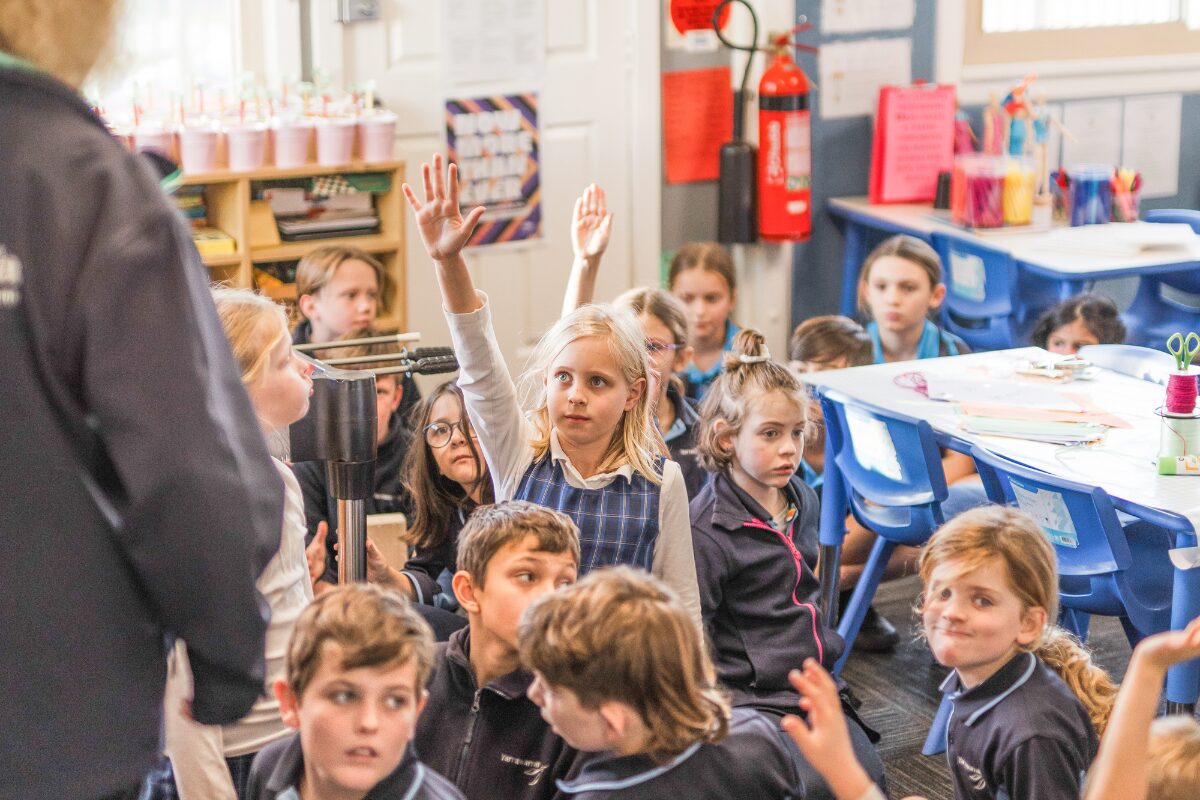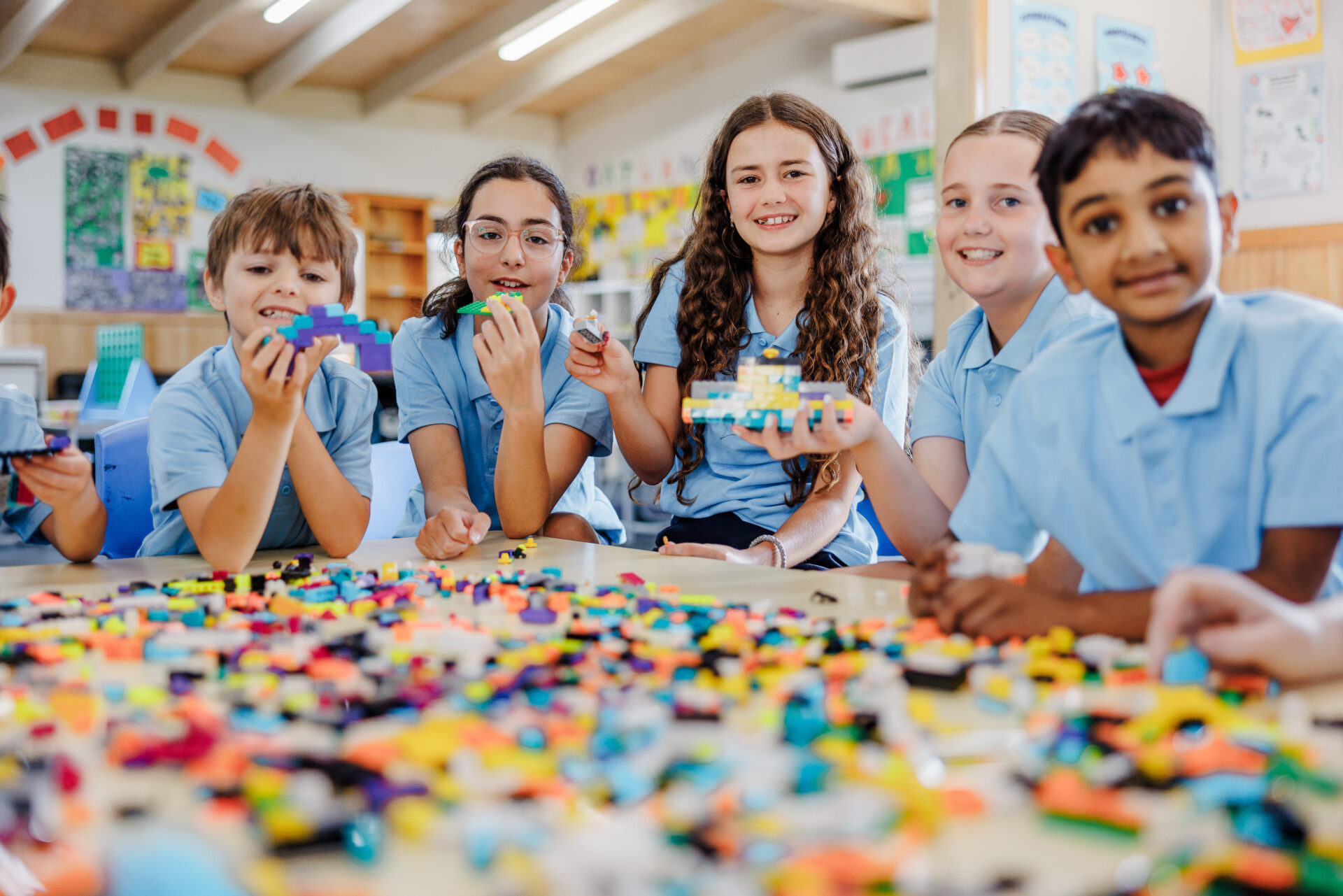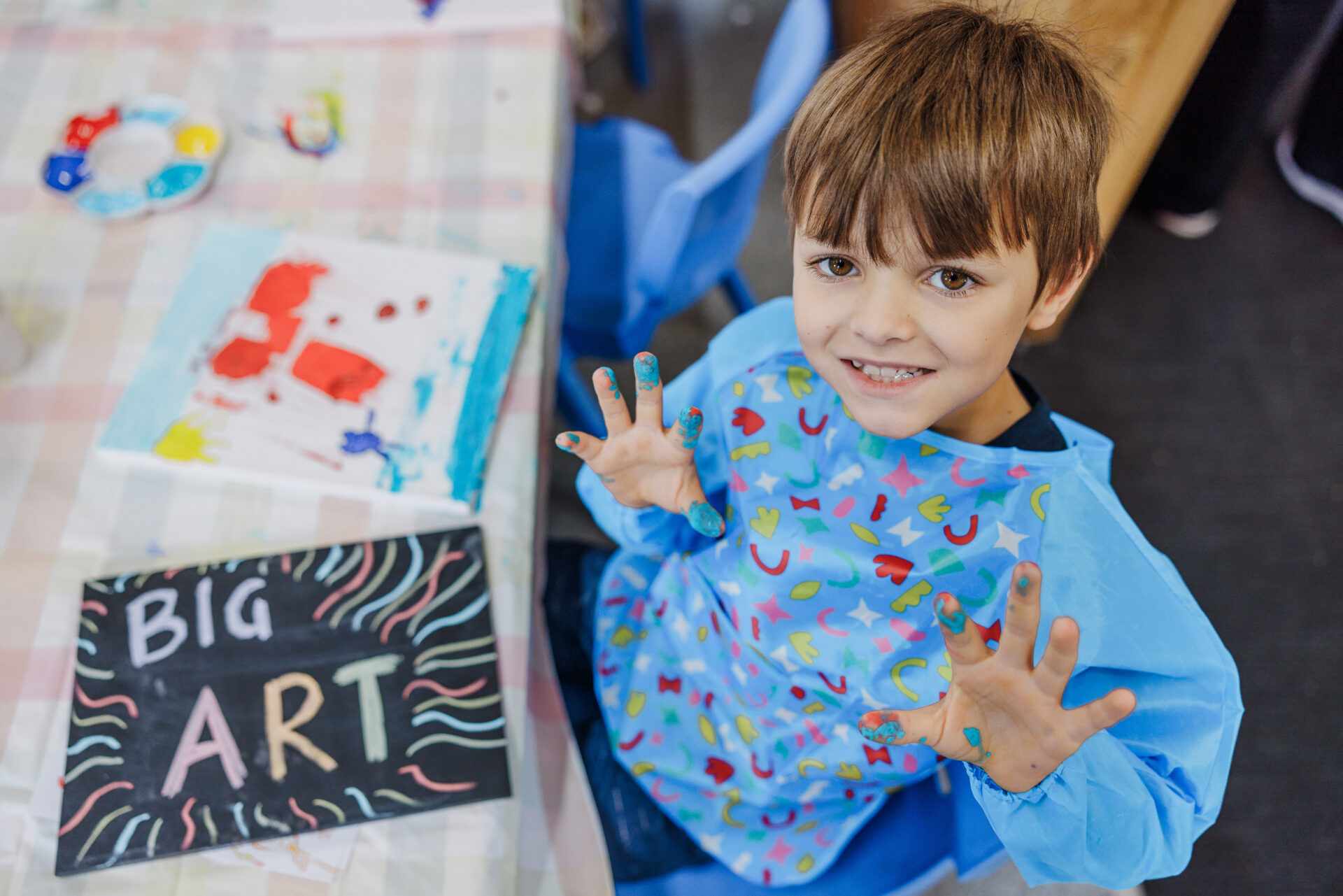Written by Dr Kaylene Henderson (MBBS FRANZCP Cert C&A Psych)
Resilience refers to our ability to bounce back, adapt and keep going when faced with the setbacks, stress and tough times that inevitably come our way in life. None of us are born with this ability; Resilience isn’t an innate trait that children have in varying degrees from birth. We actually have to actively build resilience in children by providing certain kinds of interactions and experiences as they grow. While there are a range of other contributing factors at play, it certainly seems that the Covid pandemic interfered with that process. I suppose that makes sense since some of those important resilience-building experiences were simply harder for children to come by while they stayed hidden away in their homes. And now that we’re left with a generation of children whose defences are down, it follows that we would see a rise in issues like anxiety.
Yet it’s not all doom and gloom, since the reminder that resilience is built should serve to both reassure and motivate us to focus our efforts on helping children catch up.
One of the most important ways in which we can do this, is to allow children to experience the repeated, manageable setbacks and disappointments that inevitably come their way; Essentially to allow them to repeatedly experience low level stress – and, just as importantly, to encourage parents to allow for this too.
The truth is, many parents simply don’t realise that stress can sometimes be healthy and that these kind of low level stressors lead children to experience so-called ‘positive stress responses’. Despite always wanting what’s best for their families, parents (and teachers) can sometimes jump in to protect their children from these kinds of stressful moments that might otherwise have boosted their resilience. Yet learning to deal with the little stuff when they’re little will better equip our children to handle the big stuff when they’re big. Let’s face it – as ‘big people’, we know that life will inevitably throw quite a few setbacks, frustrations and disappointments our way, so the more parents and teachers can learn about stress, including when it’s helpful vs harmful, the more focussed and effective our ‘catch-up’ efforts become.

Importantly though, it’s not just the stressful trigger that builds resilience – there’s another essential ingredient to these positive stress responses and that’s us. We need to be available to support children through these moments. Not to protect children from these moments, but to support children through them. The presence of a supportive relationship seem to buffer any of the potential negative effects that might otherwise result from stress, but the key here is that we don’t clear the path ahead of children but instead, walk alongside them as they experience these daily stressors. Then children can really benefit from the winning ‘Stress + Relationship’ combination that will better equip them to deal with life’s hardships.
Remember though, not all stress is equal, nor is it always healthy. Further along the stress continuum, at the midway point, we see children who experience the kinds of increased stress that produce what we refer to as ‘tolerable’ stress responses. These responses occur in more serious situations, such as when a loved one dies or parents split up. While this kind of stress is more intense and tends to last longer, it’s thankfully made ‘tolerable’ by – you guessed it – a child’s supportive relationships. The child receives comfort and is helped to make sense of what they’re experiencing thanks to the support of the important adults in their life – teachers included of course. Just like before, your comfort, support and guidance through these times shields children against the harmful effects of stress.
The third type of stress response found up at the other end of the continuum is different though. ‘Toxic’ stress responses occur when children experience repeated or prolonged, severe stress in the absence of important protective relationships. It’s this type of stress that is experienced by children who face abuse, family violence and neglect. And, not surprisingly, it’s this type of stress that is damaging for children and for their developing brains – the kind that can lead to trauma.
To build resilience in children, it’s important that we recognise the types of stress to allow children to experience and those to step in and protect them from. When it comes to our low-level, healthy stressors, we needn’t to try and create MORE of these moments for children; Setbacks, frustrations and disappointments happen naturally and often; We simply need to resist the temptation to protect children from these experiences and to encourage parents to take the same, consistent approach.
Collectively, our role (indeed, our shared mission!) is to provide connection and empathy, helping children to either regulate or to stay regulated, as they navigate their way through various, stressful, day-to-day obstacles, building resilience along the way. In doing so, we teach children that they can do hard things; that they’ve ‘got this’. And the sooner they start to believe this, the more quickly they will feel capable of bouncing back, adapting and persisting through whatever hardships might lie ahead.
While it would undoubtedly benefit our youngest generation to have greater access to mental health support, the truth is, the people best placed to build children’s resilience are, in fact, parents and teachers. This territory is new; perhaps it could even be described as a ‘hard thing’. In fact, it’s likely the stress of this chapter is building resilience in you too. You’ve got this.

Dr. Kaylene Henderson, a leading child health specialist in Australia and mother of three, translates research into practical tips for parents and educators, offering warm, relatable expertise through various accessible resources.





